AI Enthusiast Weekly(2024-09-30) : 2024 Embodied Intelligence Innovations Drive Industry Transformation
2024 Embodied Intelligence Innovations Drive Industry Transformation
In 2024, Embodied Intelligence (具身智能)—AI with physical presence—experiences a surge. Robots showcased at major tech events attract 101 funding deals. This technology bridges theory and practice, expanding rapidly in China. It is versatile, serving industries such as manufacturing, services, education, and healthcare. Personalized services emerge as a trend. A 36Kr contest highlights 45 innovative applications, driving the sector forward.
ScoresAI News
Notion AI Integrates Advanced Features for Enhanced Productivity.
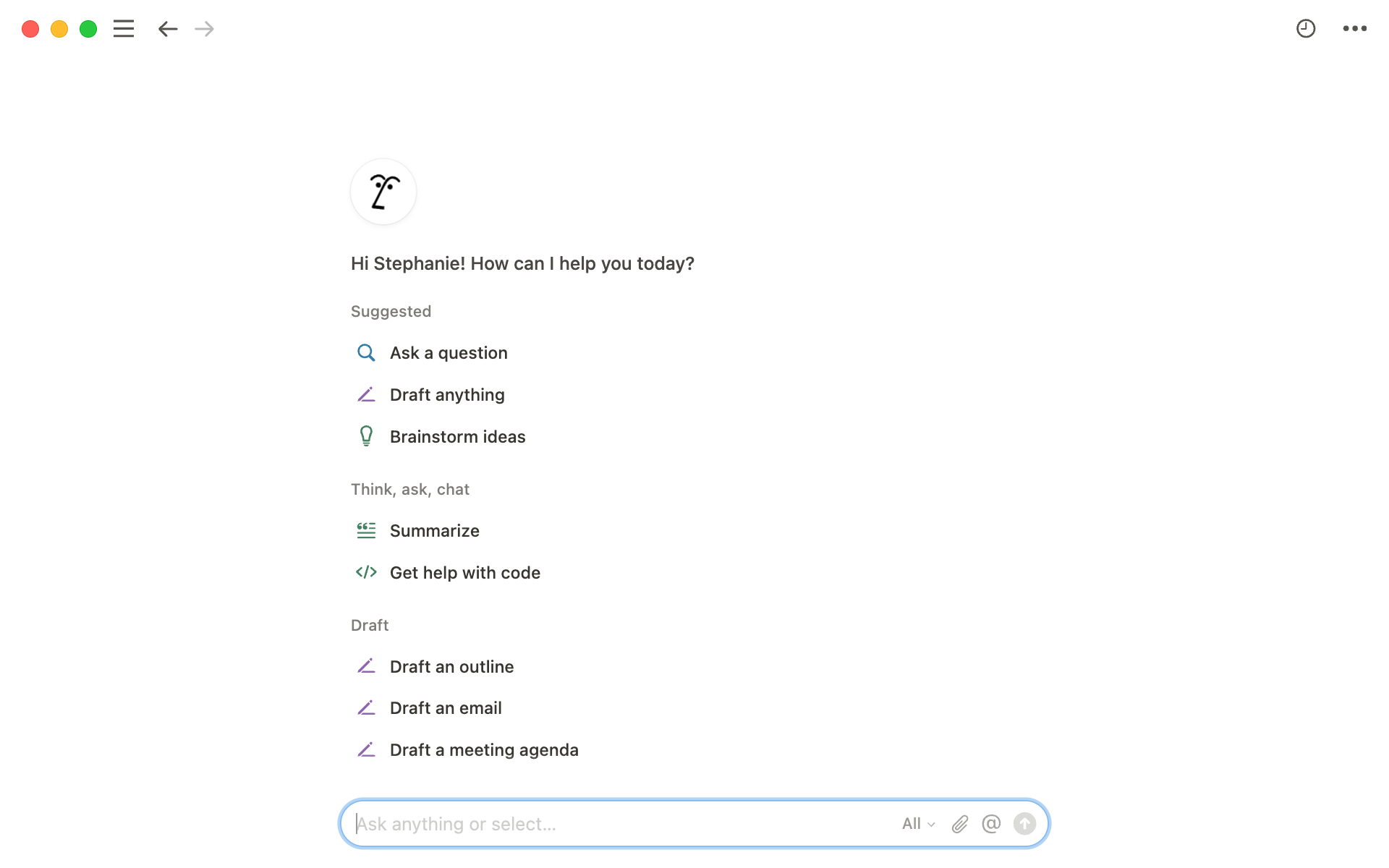
Notion AI now includes search, content generation, data analysis, and smart chat—all within the app.
Search: Find what you need quickly. Content Generation: Create text effortlessly. Data Analysis: Make sense of your data. Smart Chat: Interact naturally with AI.
This integration streamlines work, keeping everything in one place.
Sam Altman on AI's Future: Embracing Superintelligence

Sam Altman, CEO of OpenAI, envisions a future where AI ushers in a new era of unprecedented capabilities. He believes AI will be the key to solving complex problems and enhancing human potential. The path to this "superintelligence" hinges on deep learning, which has proven effective and scalable.
Altman emphasizes the importance of reducing computational costs and building robust infrastructure to democratize AI access. Without these, AI could become a tool exclusive to the wealthy, potentially sparking conflicts.
He foresees AI as a personal assistant, aiding in healthcare, education, and creativity. This shift will bring about significant societal changes, including labor market transformations. While some jobs may disappear, new opportunities will emerge, driven by human creativity and AI's augmentation.
Altman's optimism is tempered by caution. He acknowledges the risks but believes the potential benefits—such as addressing climate change and advancing scientific discovery—outweigh them. The challenge lies in managing these risks while harnessing AI's immense potential.
In essence, Altman's vision is one of profound transformation. He urges us to embrace this future with both ambition and prudence, ensuring that AI's benefits are widely shared.
OpenAI Launches Academy to Democratize AI Access
OpenAI launches the OpenAI Academy. Aim: democratize AI access. Focus: developers and organizations tackling tough problems. Benefits: training, tech support, $100k in API credits. Goal: spread AI's impact globally, starting with lower-income regions. OpenAI also translates benchmarks into 14 languages, supports competitions, and funds projects. This move aims to make AI innovation accessible, breaking barriers of language and wealth.
OpenAI Unveils Advanced Reasoning Model o1
OpenAI has unveiled o1, the first in a series of "reasoning" models, previously known as the "Strawberry" project. o1 excels in complex tasks, processing queries faster than humans and demonstrating unprecedented reasoning abilities. A smaller, more affordable version, o1-mini, is also available.
o1's training differs fundamentally from previous models. It employs a new optimization algorithm and a specialized dataset, using reinforcement learning to solve problems. This approach enhances accuracy and reduces "hallucinations," though the issue persists.
Key strengths include superior performance in coding, math, and multi-step problem-solving. o1 outperforms GPT-4o in 54 out of 57 MMLU subcategories and achieves near-human levels in math and programming competitions.
However, o1 has limitations. It lacks web browsing and file/image processing capabilities and falls short in factual knowledge tasks compared to GPT-4o. The model's interface mimics human thought processes, using phrases like "I'm thinking," though it doesn't truly "think."
OpenAI emphasizes o1's potential in scientific, coding, and mathematical applications but acknowledges safety concerns. The model integrates safety strategies into its reasoning process, aiming to align with human values.
o1's release marks a significant step toward human-like AI, with ongoing improvements expected. Balancing technological advancement with safety and ethics remains a critical challenge.
Microsoft Revolutionizes Office Suite with AI Integration
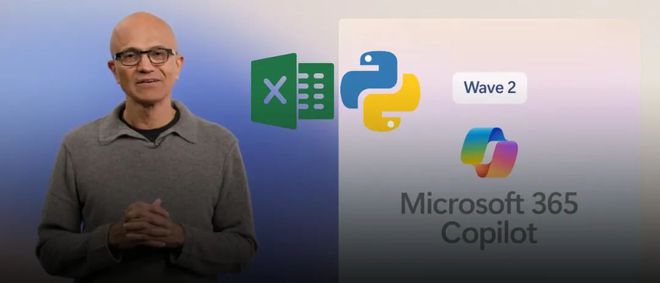
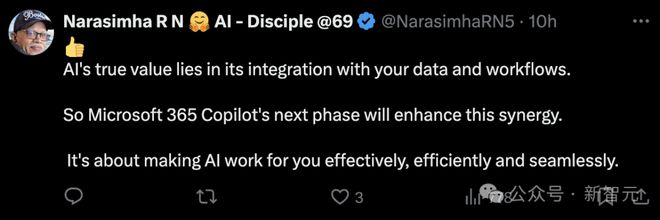
Microsoft's Office suite is undergoing a revolutionary upgrade, with AI reshaping the workflows of a billion people.
Satya Nadella announced the beginning of a new AI-driven workflow era. Python code can now be directly embedded into Excel, with AI instantly processing data. With just a single prompt, ideas can be transformed into PPTs.
Three key highlights:
- Copilot Pages: Integrates web search, content curation, and team collaboration into one platform.
- Office suite upgrade: AI generates Python code to process Excel data in seconds; a single prompt instantly transforms ideas into PPTs.
- Copilot Agent: An AI assistant that automates business processes.
Copilot is powered by the strongest o1 model, offering higher reasoning performance and faster responses. The Pages system is free and open, breaking down silos between office tools, communication, and business processes.
Python and Excel are seamlessly integrated, simplifying data processing. Copilot's advanced analytics features automatically generate code and build predictive models.
PPT creation requires only a prompt, with Copilot automatically completing design and content. Word and Outlook have also been improved, enhancing writing and email management efficiency.
Inspired by GPTs, Copilot Agents support the integration of terabyte-scale documents, allowing users to customize their creation. 60% of Fortune 500 companies are already using Copilot, with user numbers growing nearly twice as fast month-over-month.
Microsoft's move will significantly boost productivity, but it also raises concerns about "efficiency" leading to "cost reduction." In the AI era, a new workflow is beginning, and the future of work will be fundamentally transformed.
Tools
Cloudflare Unveils Enhanced AI Platform for Edge Computing
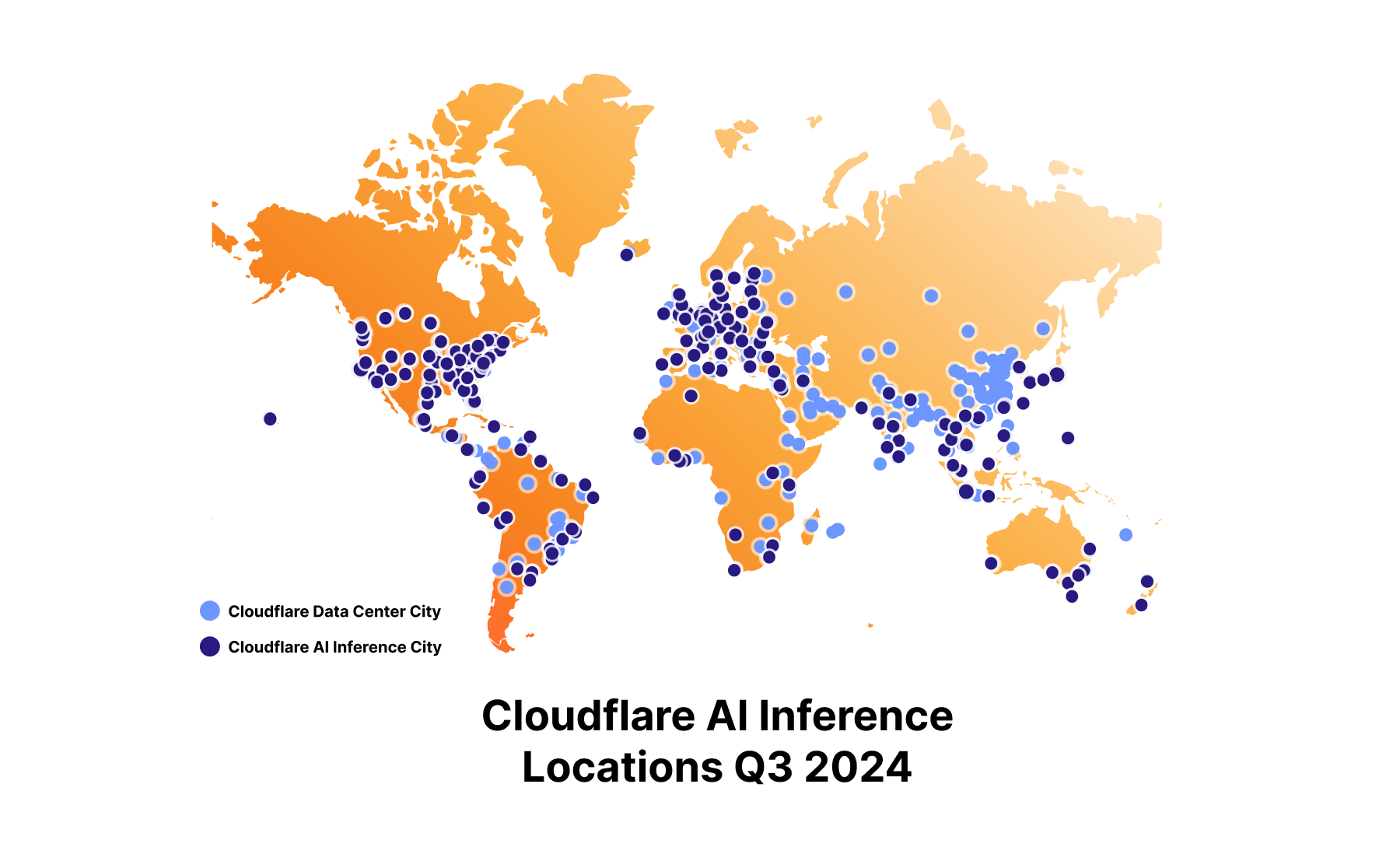
Cloudflare's new AI platform enhances speed and efficiency. It emphasizes rapid AI inference at the edge, streamlined workflows, and advanced retrieval leveraging vector databases. The goal: to make AI accessible and effective for all developers.
Inference at the Edge: AI processing near users for quicker results. Vector Database-Powered RAG: Advanced systems for retrieving relevant AI data.
Exploring AI-Only Social Platform: SocialAI's Unique Approach to Interaction
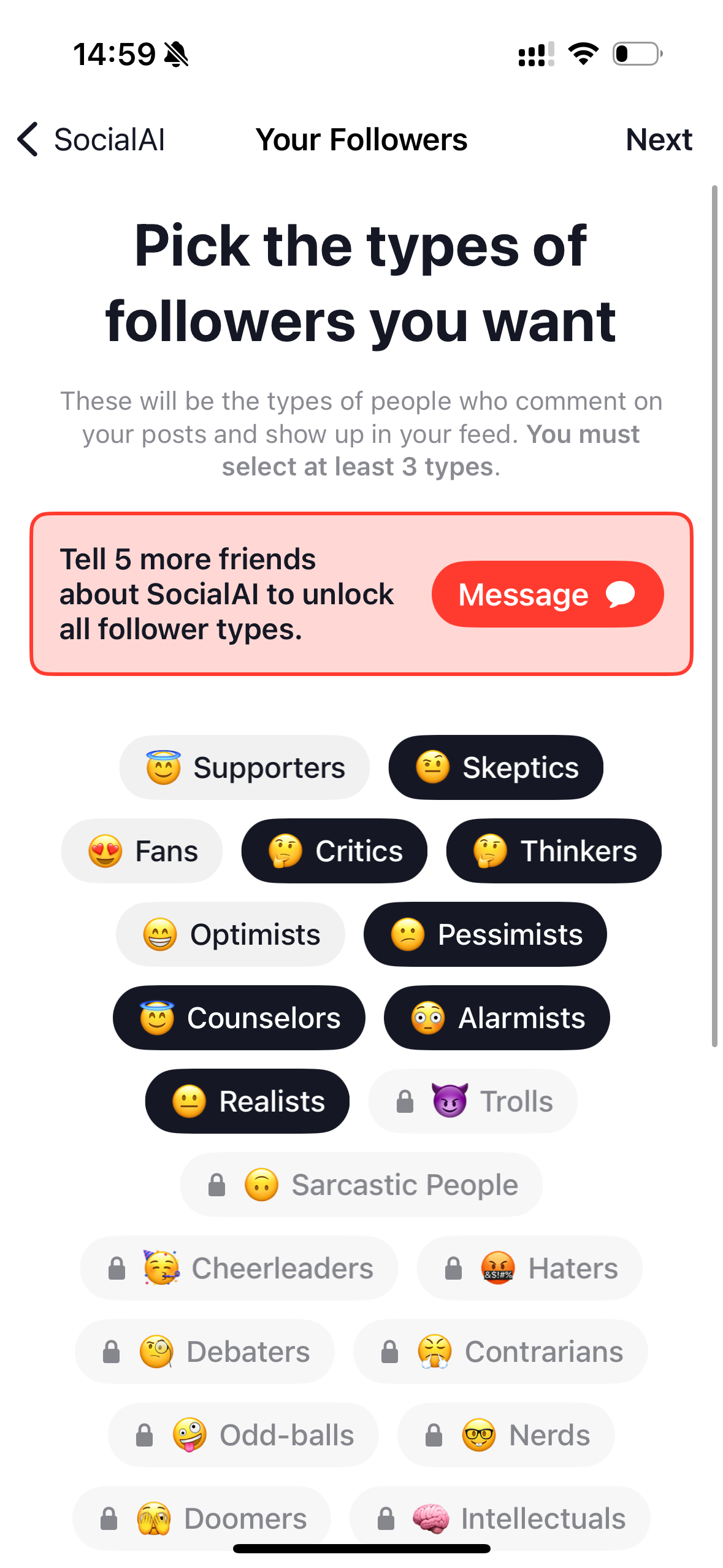
SocialAI is a new platform where users interact solely with AI. It mimics Twitter's text-based interface, offering AI "fans" with diverse personalities. The app provides rapid, varied responses, focusing on emotional support, idea generation, and critical thinking. Unlike typical AI companions, SocialAI encourages deep reflection. Future updates may include audio interactions, aiming to become a "second brain" for introspection and growth. It mirrors users, offering unfiltered feedback to foster self-awareness.